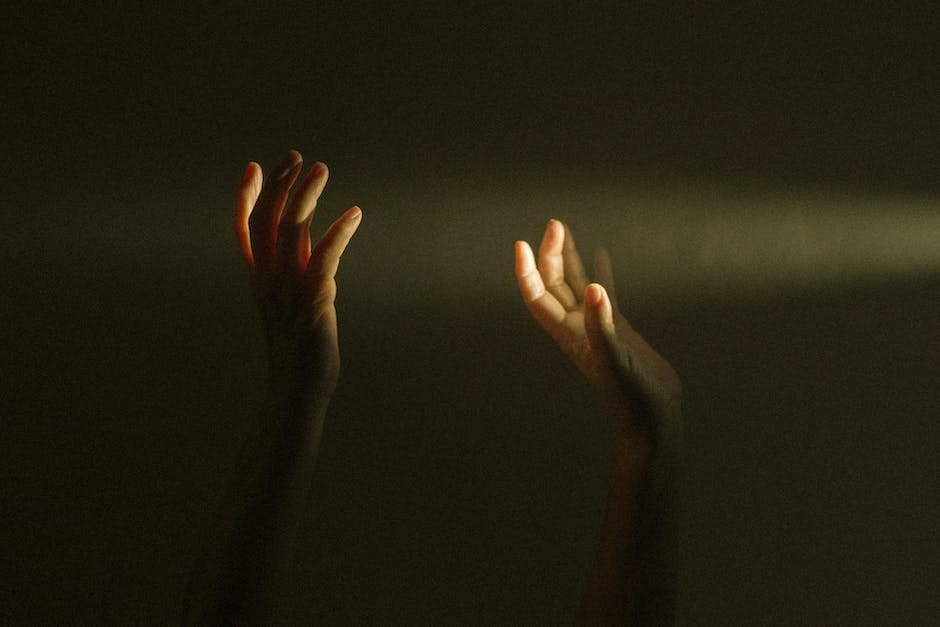
While there have been incredible strides when it comes to equity and inclusivity for the LGBTQIA+ community in recent years, there remain serious issues that need to be dealt with and a long way to go. Two of the issues of concern are the heightened levels of trauma and addiction that they continue to combat within their community. Recently the Health and Human Services (HSS) Assistant Secretary for Mental Health and Substance Use, Miriam E. Delphin-Rittmon, stated, “We know that statistically, lesbian, gay, and bisexual Americans face increased risks for mental health and substance use issues, which is often related to stress caused by stigma, discrimination, and harassment.” Also, these statistics tend to be higher than many people think.
A Need for Equity in the Recovery Community
The truth of the matter is that there remains a serious vacuum in the recovery industry for individuals in the LGBTQIA+ community, and this absence of care is letting many people in need of help fall through the cracks.
According to the National Institute on Drug Abuse (NIDA), “Addiction treatment programs offering specialized groups for gay and bisexual men showed better outcomes for those clients compared to gay and bisexual men in non-specialized programs; but in one study, only 7.4 percent of programs offered specialized services for LGBT patients.” This is a serious disproportion of quality treatment to elevated needs.
NIDA also reported that “Current research suggests that treatment should address unique factors in these patients’ lives that may include homophobia/transphobia, family problems, violence, and social isolation.” So since there is a majority consensus among the recovery community on the need for greater LGBTQIA+ inclusion and specialization of treatment, the question then becomes, “What does that look like?”
The Importance of Comprehensive Population-Specific Trauma and Addiction Treatments
Unfortunately, there is still skepticism among some individuals that there is a heightened level of trauma and addiction issues within the LGBTQIA+ community. This was recently shown to be a fallacy by a nationwide survey reported in the peer-reviewed journal, Current Treatment Options in Psychiatry. The survey found that “The prevalence rate of PTSD in the general population is between 6.8 and 8.3%.” However, “Consequently, the estimated prevalence of PTSD tends to be higher among LGBTQ individuals, with rates ranging from 1.3 to 47.6% among LGB and 17.8 to 42% among transgender and gender diverse (TGD) individuals.” That is a dramatic difference and one that deserves immediate attention.
The prevalence of trauma and addiction in the LGBTQIA+ community means there requires not only an increase in accessible care but also an increase in LGBTQIA+ specialized care. Does that mean that trauma and treatment for LGBTQIA+ individuals will be wholly different? Of course not. As they often say in 12-Step recovery, “The details are different, but the story is the same.” That essentially means that trauma and addiction generally evoke the same negative thoughts, feelings, and actions in people no matter how they identify. Yet, those differing “details” must still be specifically addressed.
Individualized and comprehensive care is key when it comes to treating trauma and addiction. That means that “cookie-cutter” recovery is rarely effective. No one person’s trauma and addiction struggles are the same, so neither should any treatment plan. However, being able to identify in one’s recovery is important, so there should be a relative road map to meet specific populations’ needs.
Directly Addressing the Trauma and Addiction Needs of the LGBTQIA+ Community
A big part of the recovery roadmap for LGBTQIA+ individuals is addressing and overcoming previous trauma incurred due to discrimination and inequity in what remains to be a predominantly heteronormative society. One of the best ways of addressing these issues is via therapy. This includes individual psychotherapies such as cognitive-behavioral therapy (CBT) and dialectical behavior therapy (DBT). It also includes group therapy, which can be particularly helpful within the LGBTQIA+ community.
As previously mentioned, being able to identify and relate to others with “shared experience” can be crucial in recovery. LGBTQIA+-specific group therapy is often an ideal way to do that. Here individuals can see that they are not alone, have never been alone, and do not need to go through recovery alone.
It is also important to stress that LGBTQIA+ individuals should not be treated as though they are separate from other populations in treatment. In fact, slowly integrating into more diverse group therapies can be a great way to show people that identify as LGBTQIA+ that they may have more in common with cisgender individuals in treatment than they do with LGBTQIA+ that do not struggle with trauma and addiction. Again, it’s about “shared experience,” and there is perhaps no shared experience more relatable than these issues to people that have actively experienced them.
The Mission of Equal Addiction Care for All at Lantana Recovery
Here at Lantana Recovery, we believe that “All have the right to recover.” This is no matter how we identify. However, we also recognize the need to rise to the occasion when communities are being overlooked in the recovery system.
Here at Lantana Recovery, our primary purpose is recovery above all else. It’s time for the rest of the recovery community to catch up.
Many individuals in the LGBTQIA+ experience trauma in some way or another concerning their sexual identity, gender identity, or, ultimately, how they choose to live their lives in whatever fashion they prefer. Sometimes this leads to addiction as individuals try to suppress this trauma, thus causing a cycle of trauma and addiction within the LGBTQIA+ community. The good news is that there are treatment centers that are taking note of this inequity and doing something about it. Here at Lantana Recovery, we specialize in treating the LGBTQIA+ population and can tailor specific treatment plans that fit those needs. For more information on equal recovery for all populations of people, reach out to Lantana Recovery today at (866) 997-2870.








